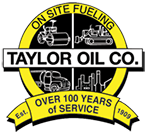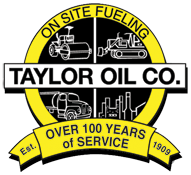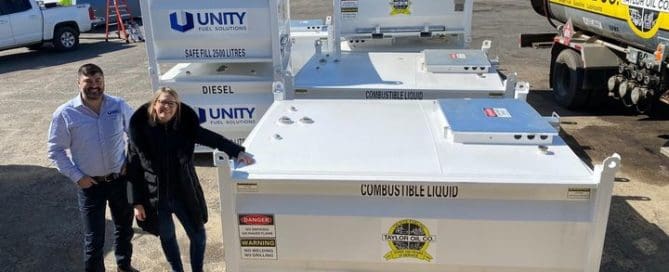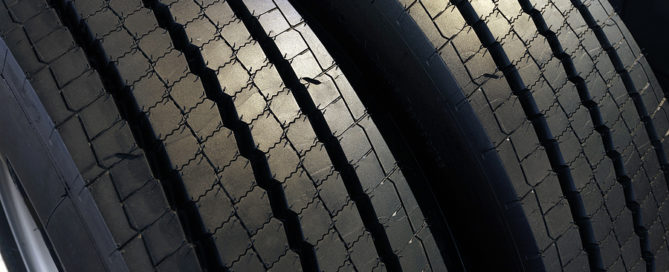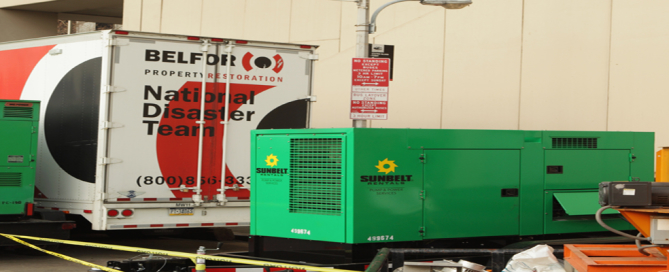Emergency Fuel Plan: Top 4 Tips for Your Business
Emergency Fuel Plan: Top 4 Tips for Your Business - Does your business rely on a vehicle or equipment that needs fuel to run? Then you should have a backup plan in place so you always have the fuel you need even in the event of an emergency or fuel shortage. This will help your business run smoothly even during an unexpected event or crisis, not to mention it will help you avoid expensive downtime. Check out these top tips for putting an emergency fuel plan into place for your business. 1. Keep Abreast of Fuel Shortages It’s critical to have an emergency fuel plan in place at all times, but especially during known shortages. Know what the current shortages are so you can make adjustments in your plan. You can do this by checking local gas station websites for updates. You could also sign up for text or email alerts from the transportation department in your state. 2. Create a Plan For Emergency Fuel Supplies Come up with a plan on how you can acquire emergency fuel supplies if needed. If you work in an area that gets a lot of natural disasters, such as earthquakes or hurricanes, [...]
